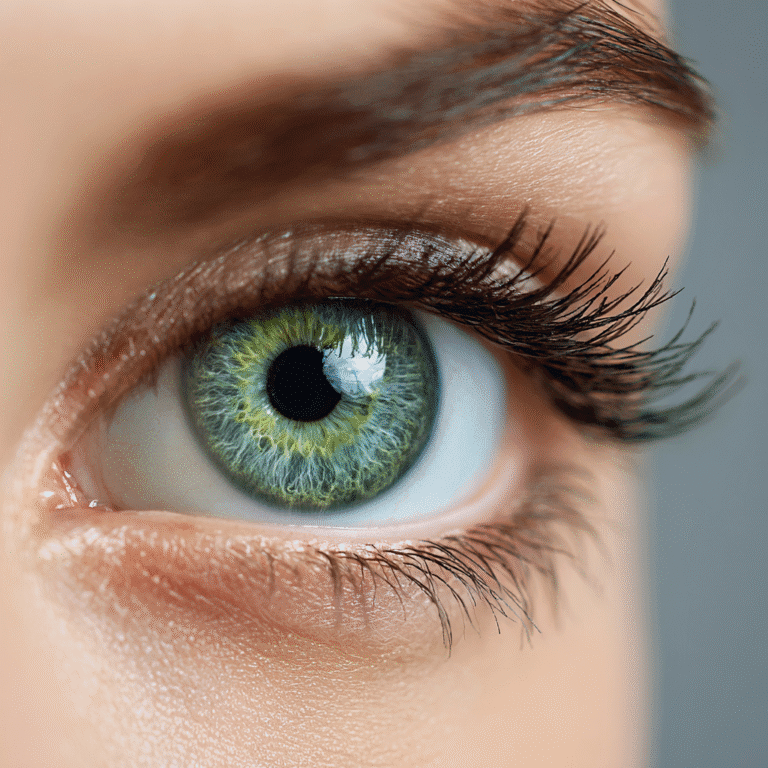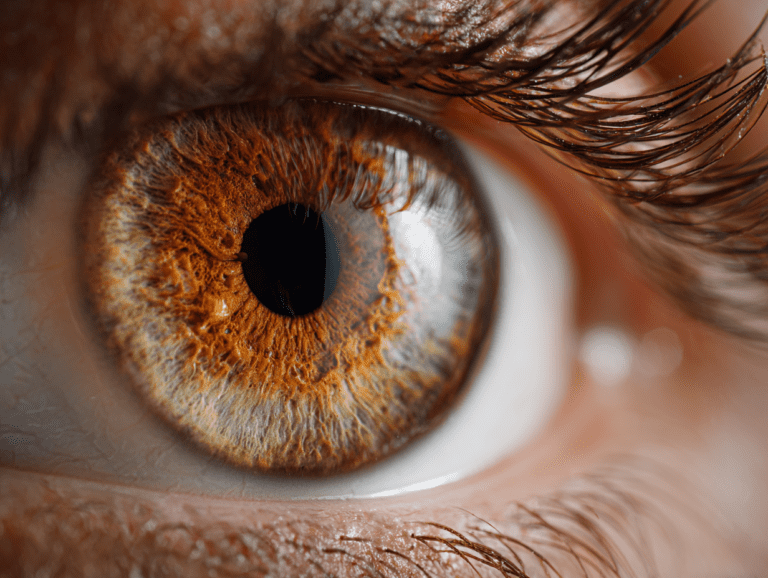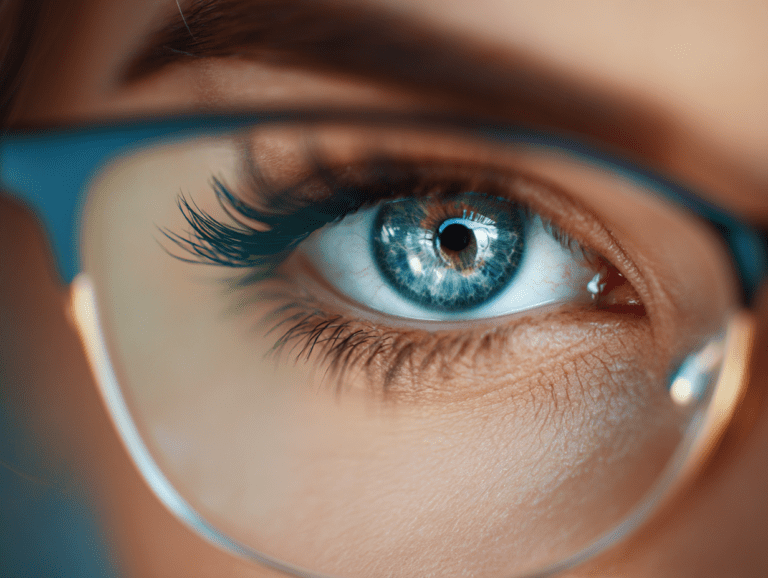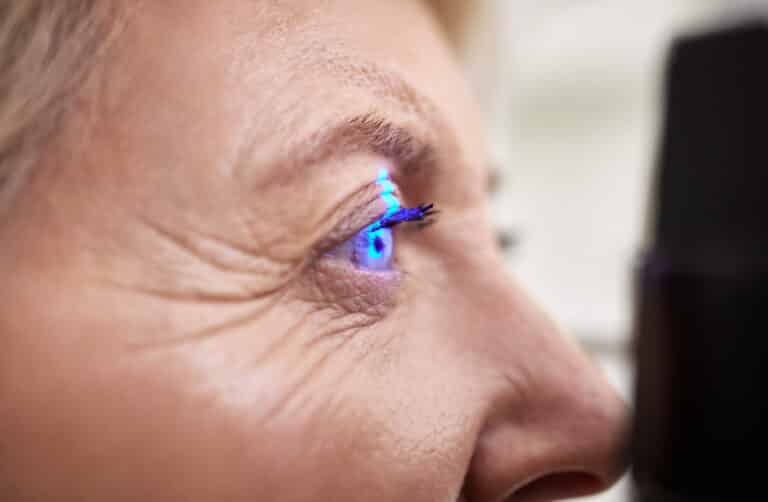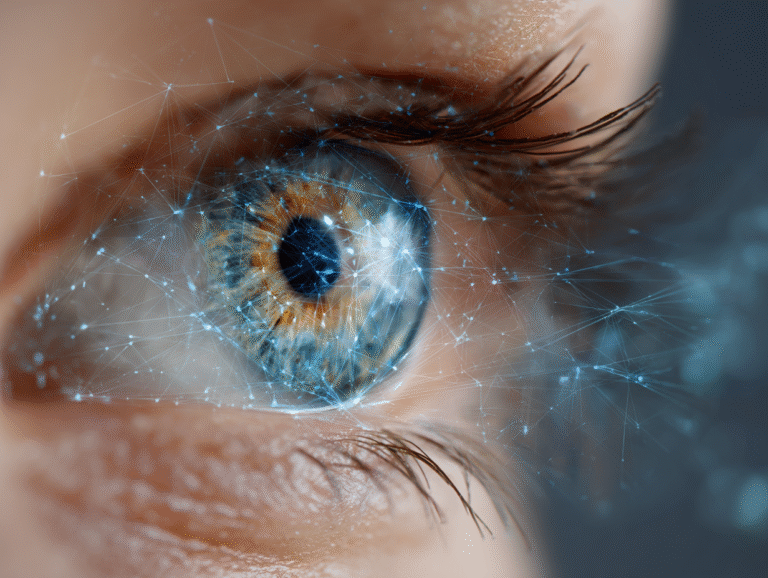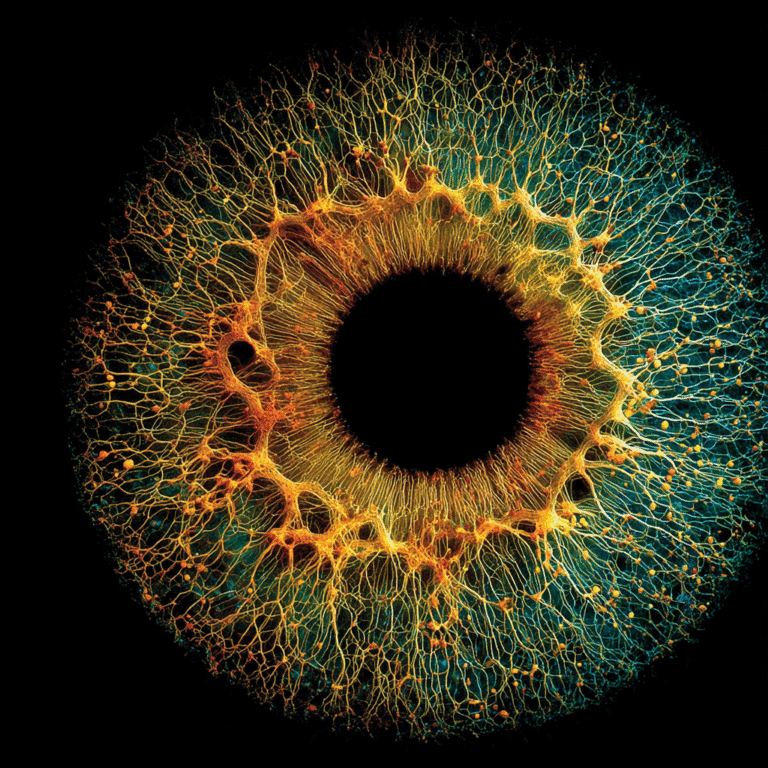The Benefits of LASIK Eye Surgery
For millions of people around the world, clear vision without the hassle of glasses or contact lenses has become a reality thanks to LASIK eye surgery. LASIK (Laser-Assisted In Situ Keratomileusis) is one of the most effective and widely performed procedures for correcting vision problems such as nearsightedness, farsightedness, and astigmatism. If you’ve ever wondered…
Read MoreBest LASIK Surgeon in NYC? What to Look for Before You Decide
Belmont Eye Center News,Eye News & Education
If you’ve searched “Best LASIK NYC,” “Top LASIK surgeon NYC,” or “LASIK reviews NYC,” you’ve probably noticed something: every practice claims to be the best. So how do you actually evaluate a LASIK surgeon in New York City — especially in a competitive area like Midtown Manhattan? Instead of focusing on marketing language, here’s what…
Read MoreVirtual Reality Eye Exams: A New Frontier in Vision and Brain Health
Belmont Eye Center News,Featured
At an assisted living community in California, residents are trying something that looks more like a video game than a medical test. Wearing a virtual reality (VR) headset and holding a simple controller, they follow the instructions of a virtual assistant who guides them through a series of interactive tasks. But this isn’t entertainment. It’s…
Read MoreOzempic Blindness: What You Need to Know
Belmont Eye Center News,Eye News & Education
A Belmont Eye Center guide to GLP-1 medications, vision risks, and when to see an eye doctor If you’re taking Ozempic® (semaglutide) or another GLP-1 weight-loss or diabetes medication, you’ve probably heard about side effects like “Ozempic face” or gastrointestinal changes. Lately, another phrase has been circulating online: “Ozempic blindness.” So—should you be worried? At…
Read MoreLASIK for Reading Glasses in NYC: What Patients Should Know
If you’re in your 40s or 50s and finding yourself reaching for reading glasses more often, you may be wondering whether LASIK can help with reading vision. In New York City, many patients ask about “LASIK for reading” as a way to reduce dependence on readers — but the answer depends on how your eyes…
Read MoreWhat to Know About LASIK in NYC Before Choosing an Eye Surgeon
Considering LASIK eye surgery in New York City? Learn how LASIK works, who it’s right for, and how to choose an experienced NYC eye surgeon you can trust. Table of Contents What Is LASIK Eye Surgery? Is LASIK Right for You? How to Choose a LASIK Surgeon in NYC What to Expect After LASIK LASIK…
Read MoreEye Vision Trends for 2026: What Patients Should Know
Belmont Eye Center News,Eye News & Education
As we move into 2026, eye care is evolving faster than ever. Advances in technology, changes in daily screen habits, and a growing focus on preventive health are reshaping how people protect their vision and how eye doctors deliver care. At Belmont Eye Center, staying ahead of these trends helps ensure patients receive the most…
Read MoreProtecting Your Vision in 2026: Smart Habits for a Clearer Future
Your eyes work nonstop—from screens and sunlight to late nights and long days. As we move into 2026, protecting your vision isn’t just about seeing clearly today; it’s about preserving lifelong eye health in an increasingly digital world. The good news? Small, consistent habits can make a big difference. Below are the most important, science-backed…
Read MoreHow a Single Ion Channel Can Disrupt Vision: New Insights Into Night Blindness and Retinal Degeneration
Belmont Eye Center News,Eye News & Education
A new study from Ritsumeikan University has revealed that the loss of just one ion channel, TRPM1, is enough to trigger persistent rhythmic electrical activity (oscillations) in the retina. These oscillations act like “neural noise” and are seen in conditions such as congenital stationary night blindness (CSNB) and retinitis pigmentosa (RP). For patients, this neural…
Read MoreThe Hidden Connection Between Eye Health and Whole-Body Wellness
Most people think of eye exams as something that only checks for vision problems—but your eyes are far more powerful than that. In fact, the eyes are often called the “windows to your health” because they can reveal early signs of systemic conditions like diabetes, high blood pressure, autoimmune disease, and even neurological disorders. Regular…
Read More
